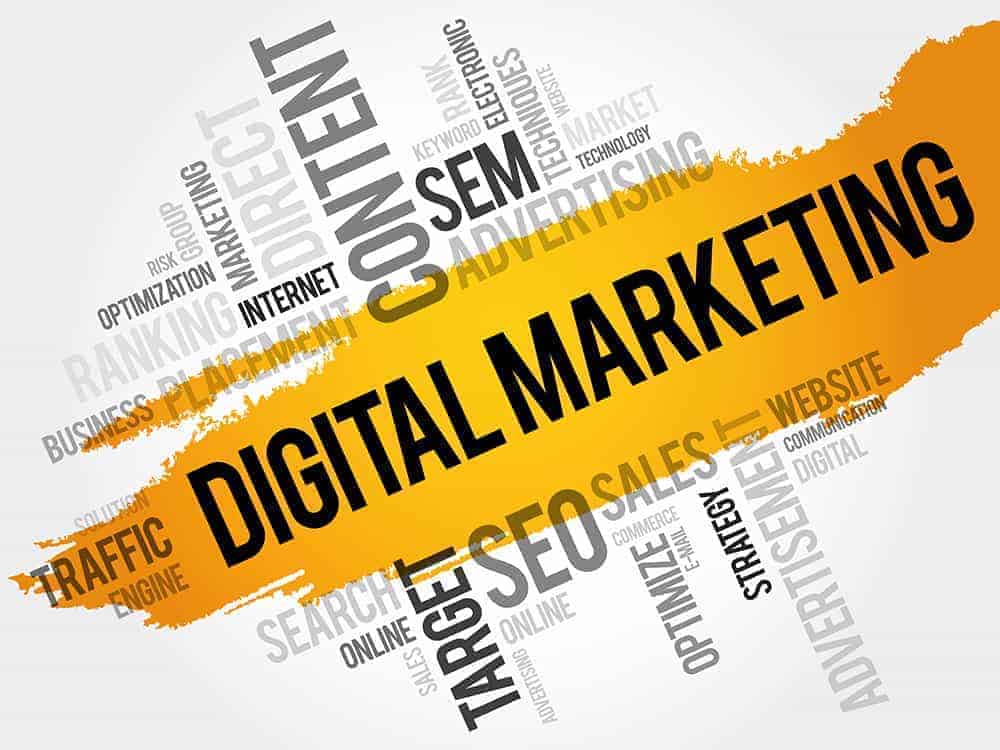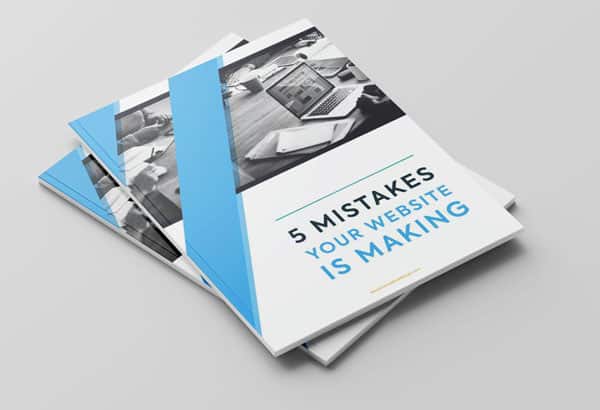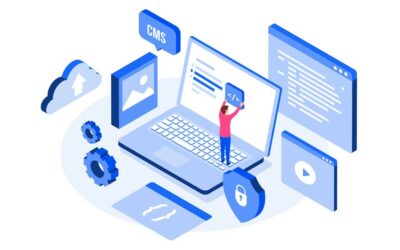If you are on Facebook; and who isn’t nowadays, you may notice some ads popping up in your newsfeed promoting products and services. Some of your friends may be posting pictures of merchandise they are selling. Above it, you will find text that reads more like marketing copy. Most, if not all of the proprietors selling items on social media do not have a website.
They believe that Social Media Marketing (SMM) is all they need to sell their products and services. After all, when you post in social media:
- You have an immediate audience for your content.
- There is probability of your content being shared by someone who knows someone who is interested in your product or service.
- Social media gives you the medium to directly engage with people who post comments on your thread.
- It’s free! Other than perhaps having professionally-done product shots taken or having your ads sponsored, posting in social media will not cost you a cent.
Given these benefits, these entrepreneurs believe they don’t need a website to help them run their respective businesses.
But are they really better off without a website? Or are they undermining their ability to succeed?
Social Media Marketing – Is it Enough?
We decided to find out why many of these entrepreneurs chose not to have a website that would have professionally represented their business.
Here are the 3 most popular reasons we gathered. We also included our professional opinion on each reason to give you our perspective as a web design company:
1. Building a website is costly; not only do they have to pay for the domain, website design and programming but it has to be maintained regularly.
The cost of a website will depend on its purpose, function and features. You can see the different types of websites you can consider for your business in our article, “What Type of Website Does Your Business Need?”
Personal websites, company websites and blogging websites are comparatively inexpensive. On the other hand, e-commerce sites, work collaboration websites, search engine directories and information websites will cost more because it will entail a greater degree of work and present the user with advanced features.
As far as maintenance is concerned, many web design companies such as Mountaintop Web Design offer site management services that are reasonably priced. We are also flexible and willing to customize options to meet a company’s needs if necessary.
Always keep in mind that the website is your online business address. Having it professionally managed is no different than paying for the regular upkeep and maintenance of your brick-and-mortar office.
2. SMM offers a more convenient way to market products and services. You don’t have to worry about hacking, updating plug-ins and having your account infected by viruses.
This observation is far from the truth. In 2013, more than 2 million passwords from popular social media sites including Facebook and Twitter were stolen and posted online.
Once your social media account has been hacked, you can have private information, content and images stolen or distributed for sale.
Some hackers have malicious intent. They will post unauthorized, inappropriate content that could ruin your good reputation and substantially damage the credibility of your company.
Social media sites are websites. They are susceptible to the same risks as a business website or an e-commerce website.
Facebook has been working overtime to fortify its security because it has been under attack from cyber criminals that want to use the platform for their phishing operations.
Because of their sheer volume of users, cyber criminals love to target social media. They can use it to upload malware, virus programs and other diabolical software that could compromise your privacy, your business and the safety of your computer.
3. People prefer to visit social media over websites.
As mentioned in the preceding section, social media sites are websites. So technically this point is not valid.
However, statistics show that of the 3.5 Billion people who scour the Internet daily, 2 Billion go to social media. This makes social media seem like the Pacific Ocean; the largest ocean in the world. You can cast a net anywhere and you are assured of a large haul.
Or are you?
The truth is, people go on social media for different reasons. Not everyone goes to social media to find products to buy or services to hire. Reasons why people use social media include:
- Social interaction
- Passing time
- Entertainment
- Share or express opinions
- Relax
- Connect with old family and friends
- Build networks
The benefits of including an SMM strategy in your business development agenda cannot be overlooked. Statistics have validated the importance of SMM in a digital marketing campaign. We’ve also discussed the value of SMM in our articles “How to Drive Traffic to Your Website” and “The Basics of SEO”.
But if you believe SMM is all you need to build your business, you could be undermining its maximum potential to capitalize on the opportunities available on the Internet.
Instead of casting your net in the Pacific Ocean, you may find yourself climbing Mount Everest.
We were not surprised with the results of our research. We have clients who initially put all their eggs in the SMM basket.
Eventually they realized there were limitations to SMM. Even though their efforts generated results, these were not sustainable. Their stream of income became inconsistent and they could not grow their business.
The Website – Harnessing the Power of Organic Search
According to the principle called “The Virality Coefficient”, your primary contact list will not help you gain traction. Momentum will be gained only from those who belong in your primary contact’s network.
So assuming you have 1,500 Facebook contacts and 20% of them like or share your post, you’re hoping their respective networks will likewise spread the word on your products and services.
But what if they don’t? What if upon initial posting only 5% share your post? As you can see there is a limit as to how far social media can take you.
While we cannot question the influence of social media on consumers, the fact of the matter is your exposure is limited only to your contacts. And not everyone will be interested in what your business has to offer.
Thus, SMM is better off as a component within a digital marketing campaign than the primary strategy in a business development agenda.
The fact is, despite the pull of social media, organic search remains the number one driver of traffic to business. In a study conducted by BrightEdge, organic search accounted for 51% of all traffic generated.
Social media? 5%.
And you need a place to drive all of that traffic. If you were selling physical products on Facebook, how will your buyer finalize the transaction? In an e-commerce website, you have a shopping cart where a buyer can complete a sales transaction via PayPal or credit card.
Also, how can a prospective buyer trust you when you are selling your goods in social media? Would you buy a smartphone from someone who operates his business from a laundromat? What is their assurance that you are a legitimate proprietor and not a scammer?
If you want to run your business online, you should have a business address. Your Facebook company page is not your business address because it carries Facebook’s domain name.
A website provides you a business address. It will give you a domain name just like ours is www.mountaintopwebdesign.com. When followers see your post and they want to know more about your business, they will know where to go.
Once they click to your website address, they will find all the information they need to make a decision on whether to patronize your business or not:
- Home Page – Your overall branded value proposition; what you are about.
- About Us – Your purpose; who you are and why you decided to start this business.
- Services – Your products and services; what you offer, your strengths and main differentiators in the industry.
- Blog Page – Your expertise; what your opinions are on the industry, users’ needs and wants.
- Portfolio – Your work; what you have done so far for your clients.
- Contact Us – Your whereabouts; how people who are interested in your services can contact you.
A website is designed and programmed for one thing: to optimize growth opportunities for your business.
You can read up on the benefits of having a website in our article “0 Benefits of Having a Website for a Small Business”. Our focus in this article is to show you why social media is more effective when used as a key process in a digital marketing campaign.
Let’s look at these 2 scenarios:
Scenario No. 1 – Restaurant Business Owner
You’ve worked hard posting images of your food and happy diners in Facebook, Instagram and Google Plus. People are actively engaging with you; majority of the comments are positive although there have been a few sparse complaints.
Those who have not tried your food are curious to know more about your restaurant. They decide to click on the URL that is posted in your business page.
They land in your Home Page and are treated to a 360 degree view of your restaurant! Your main menu items were photographed by a professional and are presented in vanishing slide format.
They click on your “Our Menu” page and they see an interactive menu where they can scroll for choices and prices. Below it are the testimonials from customers and the reviews your restaurant has so far received from reputable food critics.
They’re sold on the idea of trying your restaurant. So they visit your “Our Location” page and find an embedded Google Map. It will show them how far they are from the restaurant and the time it will take to get there based on the hour of day or night.
Scenario No. 2 – Interior Designer
You’ve been posting images of your designs on Facebook and Instagram. You also share tips on how to set up your one-bedroom apartment on a budget and why high ceiling homes are here to stay via Twitter.
People love your content and some have earmarked you as a prospective architect for their upcoming projects. They want to know more about you so they click on the URL posted on your business page.
When they land on your website, they are treated to a Home Page that is minimalist in design; simple yet elegant, black and white images with clear lines and open spaces. It is a reflection of your design sensibilities.
Your branded value proposition is stated in understated Helvetica font, “Beauty Lies in Simplicity, Form Lives in Functionality”.
In your “Who Am I?” page, visitors get to read a short bio. It comes with a professionally taken photo of you smiling in a white, long sleeved shirt that is folded ¼ up from the wrist.
Then they visit “My Portfolio”. In there, they can see all the homes and offices you have designed in slide format. Right below it are testimonials from all of your happy clients.
If they are interested in hiring your services, they can send you an email through the address indicated in your “Let’s Meet” web page. Or they can automatically send an inquiry by filling out the entries in the form provided.
Conclusion
Social media has been proven to be an effective tool for marketing and promoting your business. But on its own, it will be limited by its shortcomings. In a sense, by relying only on SMM, you are undermining the growth potential of your business by basically shutting it out from the rest of the World Wide Web.
A website allows you to consolidate all of your online marketing efforts so you can capitalize on every available opportunity. Most importantly, it will give your business a professional presence on the Internet.
We hope you enjoyed what you just read and were able to take away some valuable information.
If you want to learn more about how a website can help your business, please give us a call or drop us a quick e-mail. We will get back to you right away!







